Lottie Awards 2025 is live! Click here to view the winners including the UK’s Top 100 care homes!
Lottie Awards 2025 is live! Click here to view the winners including the UK’s Top 100 care homes!
When it comes to paying for elderly care, understanding how it all works can be something of a minefield. To help you better understand the financial side of elderly care - whether this is in a care home or through a care alternative - our fees and funding articles explore numerous key topics that break everything down clearly and concisely.
Whether you or your loved one need to know how much care homes cost, what benefits you can claim in a care home, how to get help from your local authority or the NHS with care fees, how financial assessments work or what other benefits are available, you can learn everything you need to know here!

We’ve explained care funding in Scotland, including whether you or your local council will pay for care, and whether you could be eligible for NHS funding.

This article explains care funding in Wales, including whether you or your local council will pay for care, both in a care home and through home care.

The total value of your savings and income (and assets for care in a care home) determines whether you'll pay for care. Here's how self funding care works.

Direct payments provide support for carers, and allow care seekers to arrange their own care. Learn more about direct payments and whether you're eligible here.

We've explained if people living with Parkinson's have to pay for care, including home care and care in a care home, and if you're eligible for NHS funding.

This article explains whether people living with dementia have to pay care home fees, along with other funding support and benefits you could be eligible for.

If you or your parents are going into care, you might be wondering how this will be paid. We've explained the different care funding options available.

Whether you’ll pay for your home care depends on the results of a financial assessment. This article explains when you have to pay for carers in your own home.

The 7-year rule for care home fees relates to giving away your assets. We've explained how this works and whether they'll be counted in an assessment.
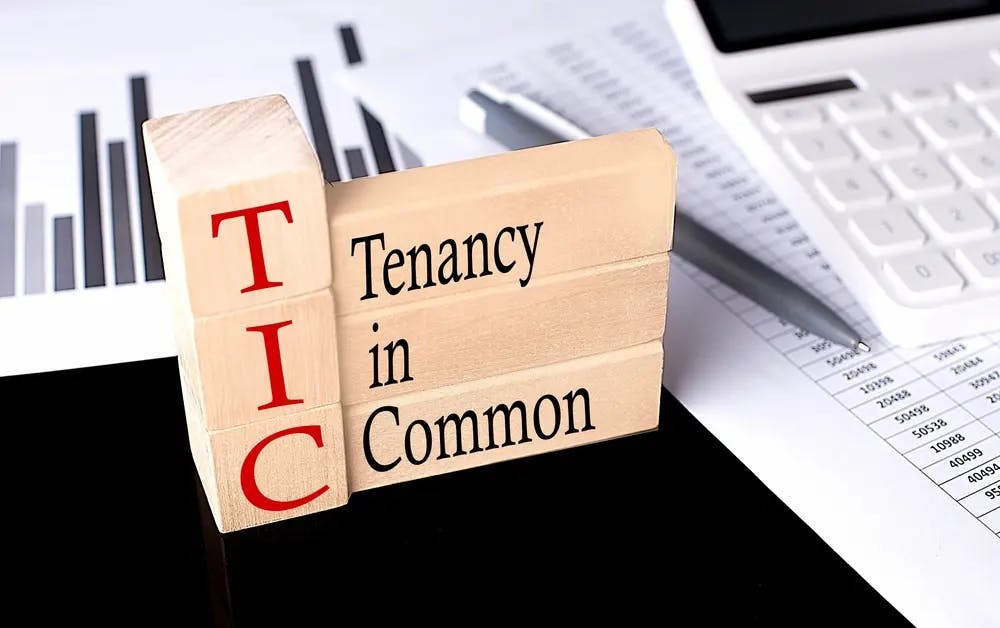
Through tenancy in common, you and your partner each own a portion of your home. Here, we've explained how tenants in common care home fees works.

Here's the average cost of respite care across the UK for 2025, both in care homes and through care at home. This includes residential and nursing respite care.

Here are the average dementia care home costs across the UK for 2025, including residential dementia care and nursing dementia care.

We've explained if your son or daughter can continue living in your house if you go into care, if you're unsure what getting care means for people in your home.

In October 2025, new rules for care payments were due to be introduced, affecting whether and how much you'd pay for care. These rules have now been scrapped.

Depending on your savings, you may be eligible for support with paying care fees in England. Here, we've explained what you need to know about care funding.

There’s a range of benefits available to pensioners. We’ve gone over each of these benefits here, including whether you’re eligible and how to claim.
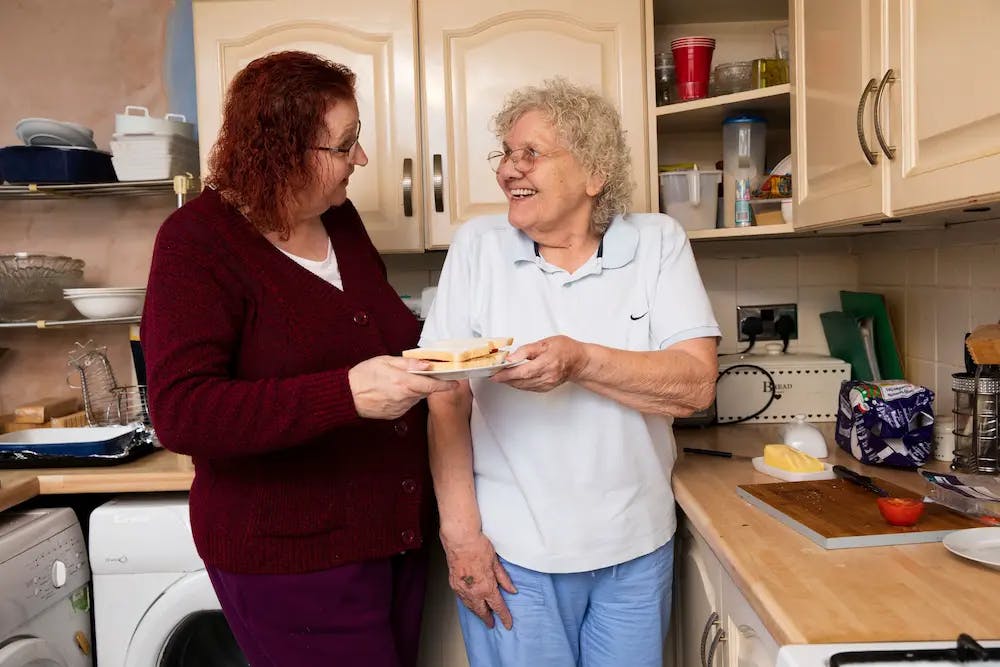
Disability Living Allowance is a benefit for people with a disability who need financial support. Though this is being replaced, many people still claim it.
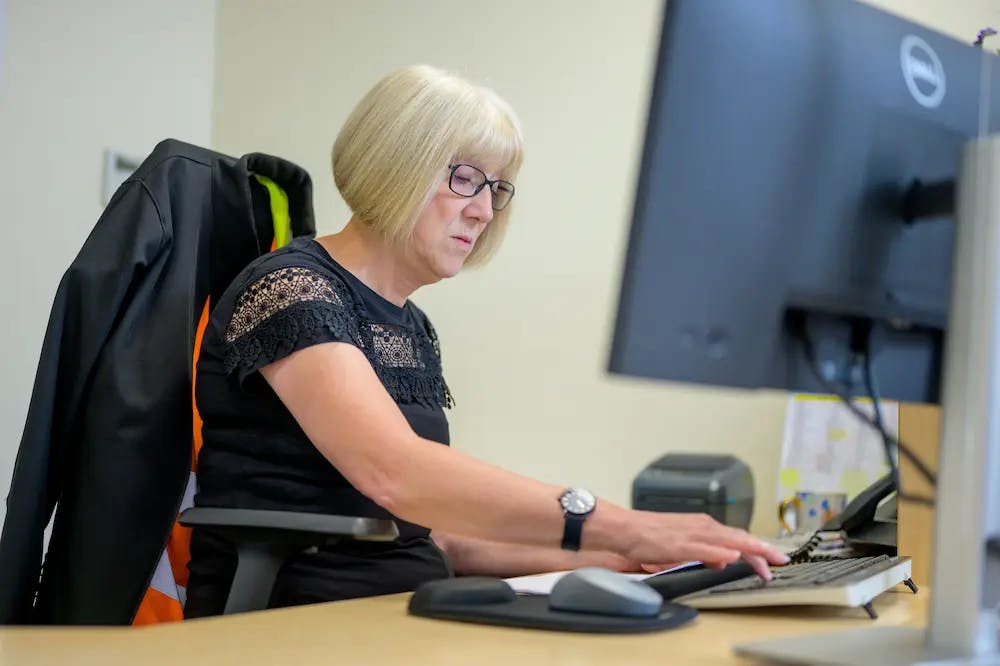
Pension Credit is a benefit you can begin receiving once you pass the State Pension age. It’s aimed at older adults who require financial support.
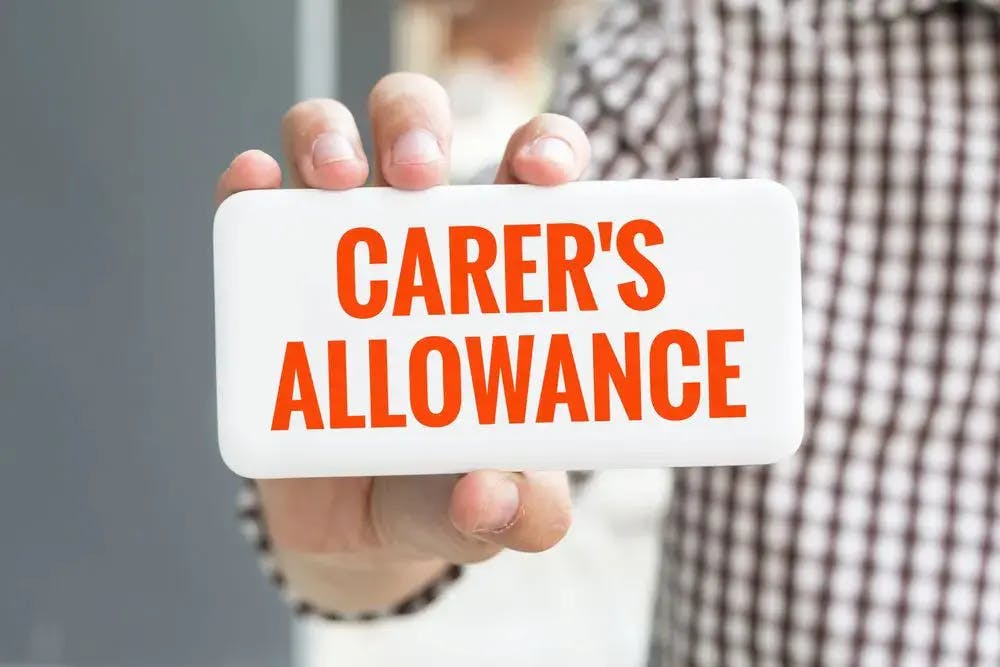
Carer’s Allowance is the main benefit that carers can receive. We’ve explained everything you need to know about Carer’s Allowance, including how to claim it.

The purpose of a 12-week property disregard is to provide enough time to decide how your property will help you fund any care costs in the future.

As a carer, there are several state benefits that you may be entitled to. Read on to learn what each of these benefits is, how they work and how much they pay.

When researching and choosing a care home, you should be clued up on the exact costs and fees. For more information, read our handy guide on care home costs.

Personal Independence Payment (PIP) is a benefit that helps people with extra costs caused by living with a long-term health condition or disability.

If you or your loved one quickly require a regular income to pay for care fees then an immediate needs annuity for care costs could be the right option.
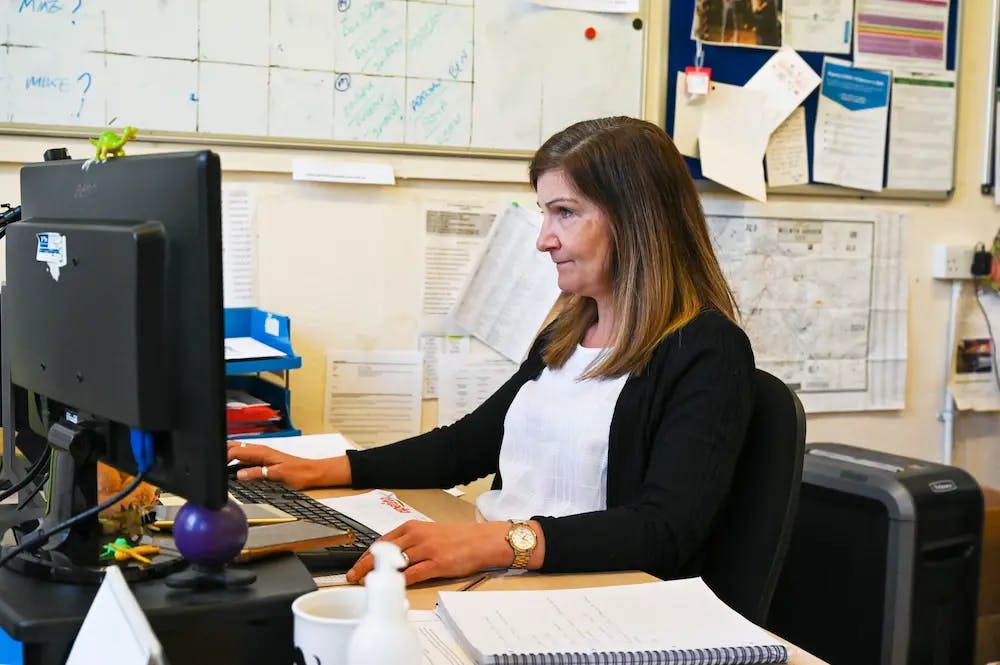
A financial assessment decides whether your local authority should help with care fees. This article explains how to get a financial assessment for care fees.

This article tackles deferred payment agreements - an arrangement with your local council where they'll pay for your care and you'll repay later on.

NHS continuing healthcare covers the full cost of an individual’s care and residential accommodation as a result of a disability, accident or illness.

Many people consider solutions like selling their family home or putting this home in a trust to avoid care home fees - but is this allowed? Learn more here.

If your parents are entering a care home, you may be wondering whether next of kin are responsible for care home fees. We've answered this here.

Find out how a jointly owned property can affect your care home fees and whether you'll need to sell this property to pay for your fees.

What is NHS-funded nursing care and who is eligible for it? Learn more about this type of care and what it involves here.

Care home fees can be pricey - 91% of UK care seekers think that care homes are expensive. We've explained what these fees cover and how to pay less.

There are several benefits and allowances you can claim in a residential or nursing home to help you out with care costs.